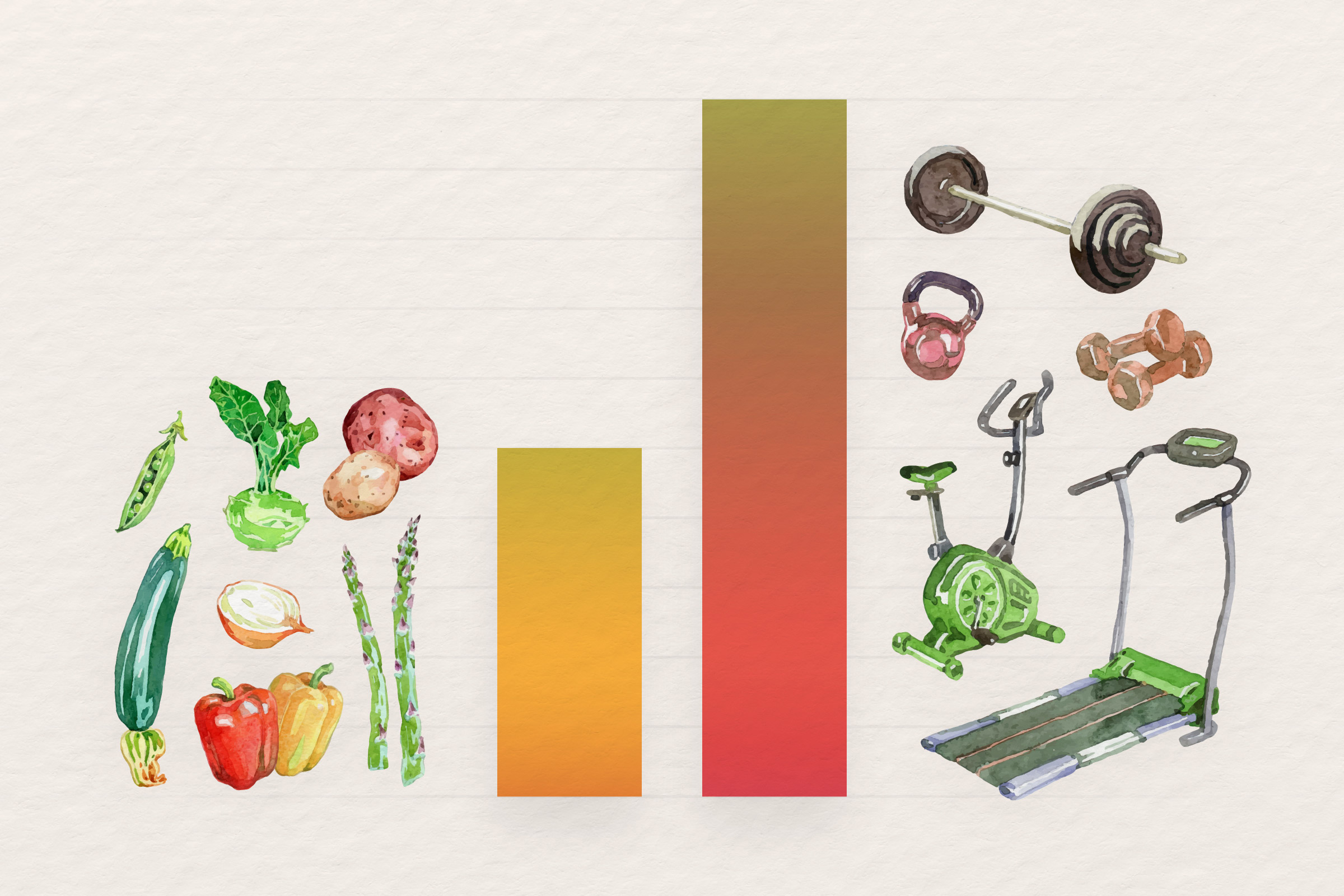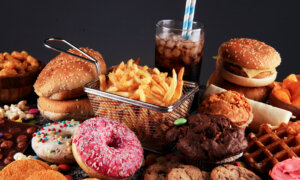If you’re constantly trying to lose weight while staying very active, you might be unknowingly underfueling your body—which can lead to serious consequences.
Failing to eat enough to meet both your biological and training demands means you may have just enough energy for activities such as lifting, swimming, or running, but not enough to keep your organ systems functioning optimally. This can push your body into a state of low energy availability (LEA), in which it lacks sufficient energy to support all the physiological functions necessary for optimal health.
“Your health and long-term well-being are far more important than short-term performance or appearance,” Mary Curristin, a nutritionist at ART Health Solutions, told The Epoch Times.
“Low energy availability is a serious condition that can affect not only your athletic career, but also your overall well-being and quality of life. By prioritizing balanced nutrition, adequate rest, and self-care, you'll not only improve your performance, but also safeguard your mental and physical health for the future.”
Understanding Energy Needs
People with a high exercise energy expenditure who don’t adequately increase their food and energy intake appear to be particularly
at risk for LEA.
Active individuals—especially endurance athletes, strength athletes, and those involved in high-intensity training—are especially vulnerable, Curristin said. According to her, this risk is even greater for those focused on weight management, aesthetics, or competing in “making weight” sports such as boxing and equestrianism.
About 70 percent of the body’s calories are dedicated to supporting essential functions such as breathing, maintaining a steady heartbeat, digesting and absorbing food, and repairing cells and tissues, Julie Stefanski, registered dietitian nutritionist and spokesperson for the Academy of Nutrition and Dietetics, told The Epoch Times. “When someone isn’t consuming enough energy, it’s not just weight that’s affected; these critical functions can be significantly impaired, affecting overall health and well-being,” she said.
While some assume that low energy availability enhances performance, the opposite is true. LEA negatively affects performance by reducing endurance, muscle strength, and glycogen stores while impairing concentration and increasing the risk of injury. Injuries and stress fractures are common consequences of this condition.
LEA’s Long-Term Effects
During periods of low energy availability, levels of progesterone and estradiol—hormones essential for maintaining
bone health—are reduced. Estradiol promotes osteoblasts (cells that build bone) and regulates osteoclasts (cells that break down bone). Insufficient energy intake compromises the functioning of these cells, leading to more bone breakdown than buildup. Over time, this imbalance can result in bone stress injuries, stress fractures, and an increased risk of developing osteoporosis.
Whether intentional or unintentional, LEA has serious effects on both performance and health, both in the short and long term. It can lead to a slowed metabolism, thyroid suppression, hormonal imbalances, and even mental health disorders, yielding a higher likelihood of depression, anxiety, and impaired cognitive function.
LEA can also cause a decline in reproductive hormones, such as estrogen and testosterone, which adversely affects fertility. Digestive issues can also arise, as the body lacks the energy needed for normal gut function, Curristin noted.
Early Signs to Look Out For
According to Curristin, key signs of LEA include:
- Unintentional weight loss or difficulty maintaining weight
- Declining performance, coupled with increased fatigue and slower recovery times
- Loss of libido or hormonal imbalances
- Irregular menstrual cycles (lighter, shorter, or missed periods)
- Reduced bone health and increased risk of stress fractures
- Weakened immunity and higher susceptibility to infections
- Gastrointestinal distress
- Impaired coordination
- Chronic irritability and hunger (“hangriness”)
Recovery Strategies
Curristin advised ensuring adequate nutrition to prevent or recover from LEA. Meet your energy needs with sufficient carbohydrates, protein, and healthy fats. Additionally, incorporate rest and recovery. Allow your body time to repair, restore, and maintain balance.
Proper nutrition goes beyond calorie intake. Consider these factors:
- Balancing macronutrients (carbohydrates, fats, and proteins) and micronutrients (vitamins and minerals).
- Timing meals appropriately, especially around training sessions.
- Gradually increasing energy intake as determined by a professional.
- Reducing energy output and training intensity initially to prevent injury and aid recovery.
Nutritional Guidelines
Women who exercise should aim for at least 1.6 grams of protein per kilogram of body weight daily. (For example, a woman who weighs 150 pounds should have 112 grams of protein daily.) Ensure adequate carbohydrate intake, as not having enough could hurt exercise performance by impairing cognition and depleting muscle glycogen, leading to fatigue and reduced training capability.
Healthy fats should make up at least 20 percent of daily calorie intake. They are essential for absorbing fat-soluble vitamins (A, D, E, and K) and preventing essential fatty acid deficiencies, which can weaken bones. Lower fat intake is also linked to a higher risk of injury.
The Recovery Process
“It can take a significant amount of time for athletes to recover from the effects of low energy availability, particularly when it has progressed to the point of affecting bone mineral density,” Stefanski said.
When the body receives adequate nutrients and energy, reproductive and anabolic hormones, such as estrogen, will return to normal. However, she added that it may take months for bone formation and menstrual cycles to normalize.
“It’s important to seriously take the opinion of others into consideration,“ Stefanski said. ”Whether it’s your registered dietitian, coach, friend, or a family member, if someone is concerned that you’re not eating enough, it’s time to honestly evaluate whether you’re fueling yourself adequately.”













